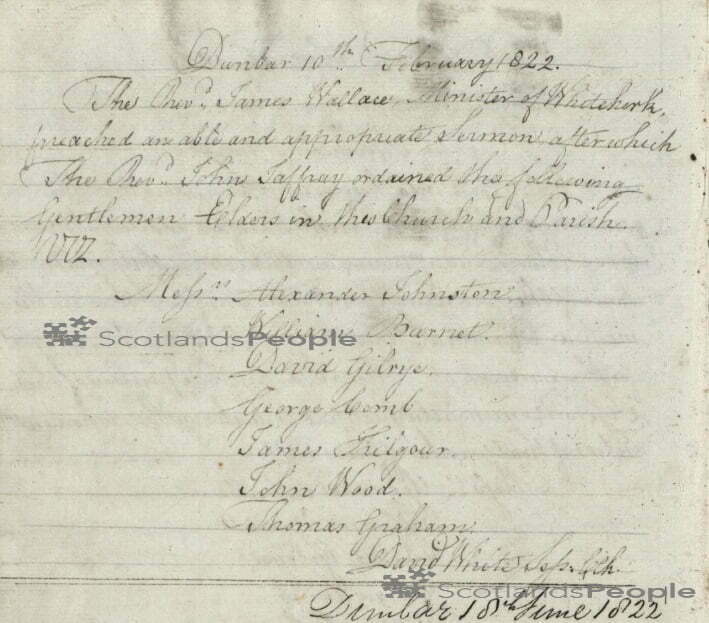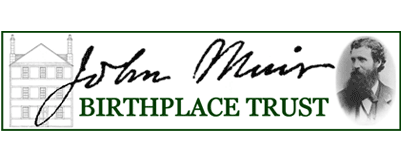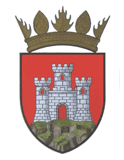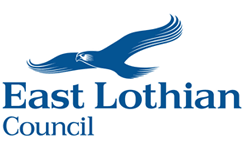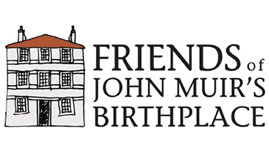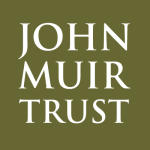Grandpa Gilrye and the Kirk Session
It’s not often that new information about figures significant in the life (and shaping) of John Muir becomes freely available. We’ve always known that John’s grandfather became an elder in Dunbar Parish Church but the records of the Church have until now been relatively difficult to access as they’re stored with the National Records of Scotland in Edinburgh.
Things changed a couple of weeks ago when these wonderful folks at Scotlandspeople made more than a million pages of Scotland’s Kirk Session records available in digital format on their website. The Kirk Sessions were the local courts of each parish under the established Presbyterian Church in Scotland. The members, the minister, his assistants (if any), and the elders decided the business of the parish, debated the role and doctrine of the Church in Synod and Assembly, and saw to the morals and care of their own congregation.
David Gilrye became an elder at the start of 1822, when Dunbar had both a new minister (John Jaffray, who had been assistant to the previous minister) and a new church building. Gilrye was one of several men ordained on the same day, as the new minister brought his Session up to strength. The power of the Session was a shadow of what it had been in previous centuries, but it was still considerable and quite intrusive to modern sensibilities.
Many cases involved irregular marriage (marriages contracted by members of the community at other places without banns being read in the parish church) and illegitimacy, both of which impinged on its major remaining function, the distribution of ‘relief’ or ‘ailment’ and the question of entitlement to such aid. In these days, before social security and universal pensions, the Kirk Session was the last port of call for those in need. Only a fortunate few could retire with an annuity, have support through membership of a friendly society, or had the capital to support themselves through illness. But the parish’s funds were limited, so hard decisions had to be made about eligibility: only those born within the parish or resident there for a proven period were eligible. David Gilrye was now one of those that had to make these descisions.
Each claimant was acutely questioned; many were refused, being told to turn to other family members or another parish for help. Two of the ways the Session raised money was by charging fees (to record births and marriages, hence the emphasis on irregular marriages) and by ‘renting’ seats within the church. Before the end of his first year as elder, David and his colleagues were enmeshed in a legal battle with the Town Council when the latter unilaterally boarded up access to a number of pews. An exchange of letters escalated via the Sherriff Court in Haddington to the Court of Session in Edinburgh. There, in July 1824, the Magistrates and Council ‘dropt all further proceedings’ and the Court ‘allowed the Kirk Session their expenses’. No further information is available in the minutes, but that looks as if David and his colleagues made their case!
Turning now to the Muir family, we quickly found a notice of the irregular marriage of Hamilton Blakley and Mary Muir in the Session Minutes of Crawfordjohn. Mary Muir was John Muir’s aunt, the sister of his father Daniel. Further back, on 20 September 1761, a Nathaniel Muire and his family were allowed a ‘testimonial’ – a certificate showing that they were in good standing with the church and issued if a person or family moved parish. Between these dates there may be unknown Muir genealogy to be found – but reading the record will take a while!
(Photo – Ordination of David Gilrye as elder in Dunbar Parish Church. Extracted from Dunbar Kirk Session Records (CH2/647/6) by courtesy of the National Records of Scotland and the Church of Scotland.)


